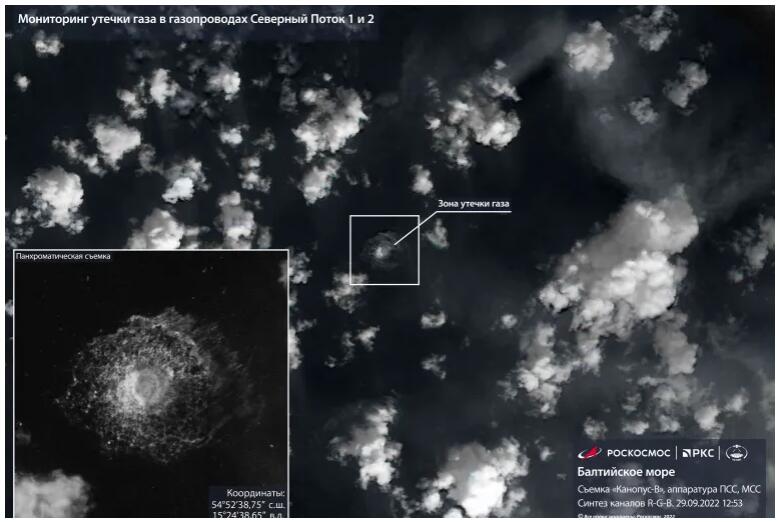NATO has established a new centre focused on protecting undersea pipelines and data cables following the apparent attack on the Nord Stream gas pipelines and as concerns mount that Russia has mapped vital Western underwater infrastructure around Europe.
The defence ministers of NATO members approved plans for a NATO “maritime centre for the security of critical underwater infrastructure” at a meeting in Brussels, NATO’s Secretary General Jens Stoltenberg said on Friday.
The centre will be based at NATO’s naval headquarters in Northwood near London and, among other things, will be responsible for creating a new surveillance system to monitor parts of the Atlantic as well as for areas in the North Sea, the Baltic Sea, the Mediterranean Sea and the Black Sea.
Efforts to protect the West’s critical underwater infrastructure come in reaction to the alleged acts of sabotage against the Nord Stream 1 and Nord Stream 2 natural gas pipelines in September. Who was behind the destruction of the pipelines remains unclear.
“The threat is developing,” said former German three-star general, Hans-Werner Wiermann, explaining that NATO was motivated to act following information that Russian ships had mapped critical infrastructure in the NATO alliance area.
“Russian ships have actively mapped our critical undersea infrastructure. There are heightened concerns that Russia may target undersea cables and other critical infrastructure in an effort to disrupt Western life,” he told reporters at NATO headquarters in Brussels.
Wiermann said the new NATO centre would bring NATO members, allies and the private sector together to help “improve information-sharing about evolving risks and threats”.
About 8,000km (5,000 miles) of oil and gas pipelines crisscross the North Sea alone, and other underwater data systems, networks and grids are impossible to monitor constantly.
“There’s no way that we can have NATO presence along also these thousands of kilometres of undersea infrastructure,” Stoltenberg told reporters after chairing the meeting.
“But we can be better at collecting … intelligence, sharing information, connecting the dots, because, also in the private sector, there is a lot of information” about ship movements and maritime surveillance, he said.
Rather than trying to watch it all, the new centre and NATO allies will focus on high-risk areas, such as pipelines in shallow waters that can easily be reached by divers. Potential damage to data cables can be mitigated more easily by simply dropping in more cables.

